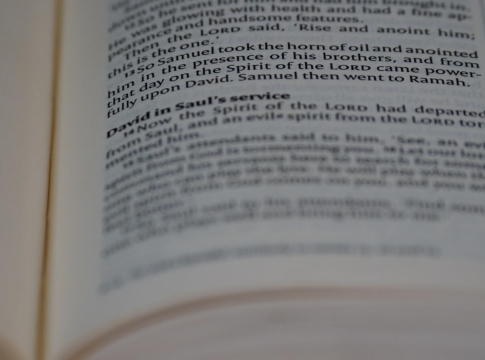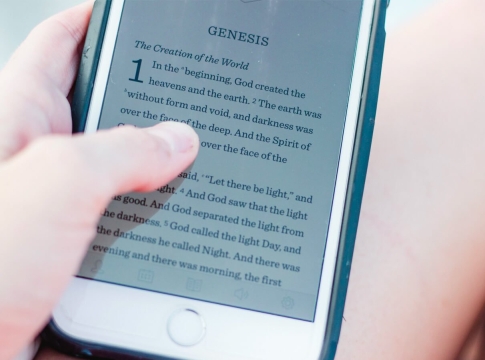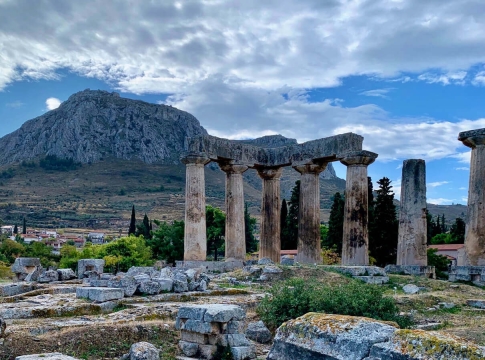
One of Paul’s most encouraging letters is the one he wrote to the Philippi congregation. Unlike in the letters to the Galatians and [the Corinthians], there is no hint of rebuke. Quite the reverse—the entire message is full of happiness and appreciation. We will look at the letter’s teachings and content in outline style in this piece.
Reason for writing
For Paul, the Philippi congregation held particular significance. It was the first congregation he established in Europe. It was there that Lydia and the jailer were converted (Acts 16). Paul made further visits to the church on subsequent travels. He served as an example for the church at Corinth, among other places, by modeling the church in Philippi (2 Corinthians 8:1-2). Paul, aware that he would soon die (1:20), composed this letter while in jail (1:13), most likely in Rome (4:22). The gift that the Philippi church sent to Paul via Epaphroditus was the immediate reason for picking up a pen (4:18). Paul takes use of the occasion to bolster the Philippians’ faith.
Salutation and thanksgiving (1:1-11)
Paul opens his letter as he usually does by wishing everyone a happy day and making reference to the primary topics of his message. Paul gives gratitude to God for the link that exists between the Philippians and the Gospel of God, as well as the relationship that he has with them. To the glory of God, he also prays for their love to become even more productive and abundant.
Paul in prison (1:12-30)
Paul is imprisoned in Rome. But he wants to make it clear to the Philippians that this is no reason for him to be despondent. The most important thing is that the Gospel continues, either through Paul himself or through others. It makes no difference to Paul whether he continues to live or whether he dies, “for life to me is Christ, and death to me is gain … For I am impelled by these two: I have a desire to go and be with Christ, for that is far the best, but to remain in the flesh is more necessary for you” (1:21-22). Yet Paul trusts that he will still have time to be of service to the Philippians. Therefore, he also calls them to be worthy and united concerning the Gospel.
Exhortation to humility (2:1-30)
The second chapter is a follow-up to Paul’s exhortation. Everyone has a hidden pride, but we are trained in humility by following Christ’s example. Paul references a hymn from antiquity that extols Christ’s humility (2:6-11). Praise follows humility, and the Philippians are called to that. They are able to truly shine like lights in a world of sin because of this. Paul then provides Timothy and Epaphroditus with two more instances of persons who live lives filled with selfless service to the Philippians. Timothy will visit the church shortly. Paul says of Epaphroditus that he has recovered from a severe sickness and that he is also going to Philippi. The Philippians will be overjoyed to hear such news.
Warning of adversaries (3:1-21)
When things are going well in a congregation or church, it does not mean that one can rest on one’s laurels. Always we must be vigilant for threats. Always we must strive for more. This is what Paul himself did: “One thing I do: forgetting what is behind, reaching out to what is ahead, I pursue the goal: the prize of the calling of God, which is from above, in Christ Jesus” (3:14). He considered his previous life as a Pharisee to be utterly worthless: “But what was profit for me, that for Christ’s sake I have considered as loss. Yes, certainly, I also consider everything to be loss because of the excellence of the knowledge of Christ Jesus my Lord, for Whom sake I have experienced all that as loss. And I regard it as filth, that I may gain Christ” (3:7-8).
For Paul, there was only Christ’s righteousness. He views everything that goes against this as dangerous, especially those who create gods out of their stomachs, seek self-honor, and create earthly things. Instead of interacting with such individuals, the Philippians ought to [await the Savior from heaven]. The congregation of Philippi is a colony of heaven, where it belongs, just as the city of Philippi was a colony of Rome.
Concluding encouragements (4:1-23)
Paul reiterates his demands for church unity, delight in the Lord, and faith in God’s direction in the letter’s concluding chapter. Paul extends his sincere gratitude to the Philippi congregation for their support. He has learnt to be content with his situation, therefore money is not a concern for him (4:11). He says, “All things are possible for me because of Christ, who gives me strength” (4:13). But as an offering that pleases God, the church’s assistance demonstrates the genuineness of their faith. “The grace of our Lord Jesus Christ be with you all. Amen” (4:23) is a prayer of blessing that Paul says at the end of the letter.
Lessons for us
- [Joy (gladness)] is a necessary and integral aspect of the Christian religion.
- Christ exemplifies humility for us. On the day of Christ’s return, God will justify us if we imitate His example in everything.
- Wealth can breed complacency and apathy, but we can prevent that by putting Christ first.
- The complete salvation of Christ Jesus puts everything on earth into perspective.





